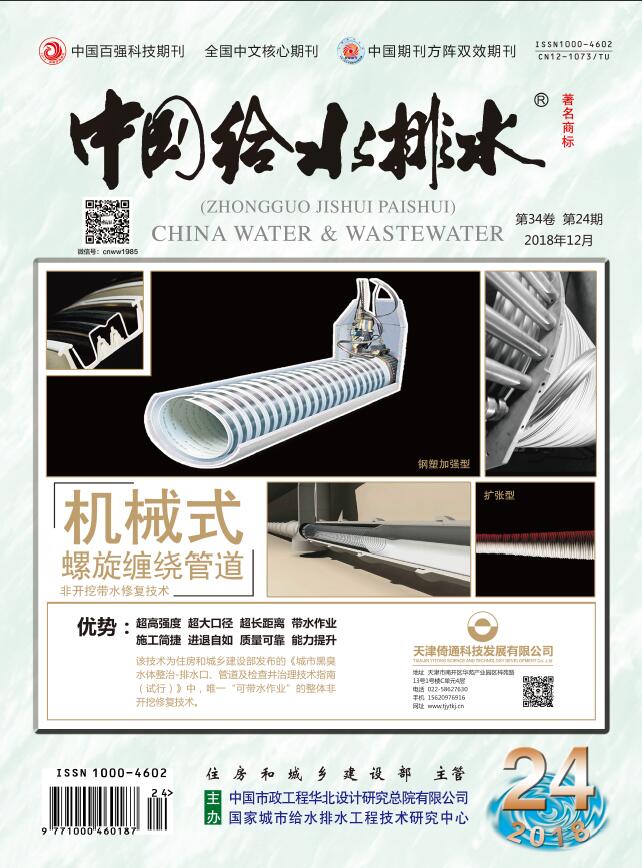SANGKang-yun,GAOMeng.Impact of Salinity on Anaerobic Co-digestion of Excess Sludge and Concentrated Leachate[J].China Water & Wastewater,2024,40(23):107-113.
Impact of Salinity on Anaerobic Co-digestion of Excess Sludge and Concentrated Leachate
China Water & Wastewater[ISSN:1000-4062/CN:12-1073/TU]
volume:
第40卷
Number:
第23期
Page:
107-113
Column:
Date of publication:
2024-12-01
- Keywords:
- anaerobic co-digestion; salinity; excess sludge; concentrated leachate
- Abstract:
- The impact of salinity on the anaerobic co-digestion of excess sludge and concentrated leachate was examined through continuous-flow and sequencing batch anaerobic digestion experiments. The continuous-flow anaerobic digestion test demonstrated that COD removal efficiency declined from 94.3% to 66.2% as the salinity in the reactor increased from 5 g/L to 30 g/L. Concurrently, the accumulation of total volatile fatty acids (TVFAs) expressed in COD rose significantly from 23.4 mg/L to 2 261 mg/L, while methane production experienced a substantial decrease of 86.8%. Additionally, the floc structure of the sludge was progressively disrupted, leading to an increase in surface roughness and a corresponding decline in reactor performance. The sequencing batch anaerobic digestion test demonstrated that an appropriate salinity facilitated the release of soluble proteins and polysaccharides during the solubilization phase, enhanced the conversion of macromolecular organic compounds into amino acids and monosaccharides in the hydrolysis phase, increased TVFAs concentrations, promoted the acidification, while simultaneously inhibiting methanogenic activity in the anaerobic co-digestion process involving excess sludge and concentrated leachate. Consequently, methane production experienced a significant decline.
Last Update:
2024-12-01

